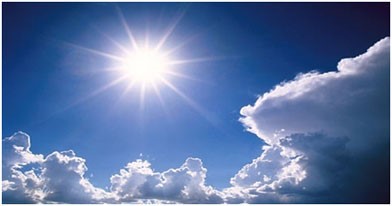INTRODUCTION
Energy is required for doing work. It is needed by both plants and animals. While plants need it for food production and growth, animals need it for growth and development. To survive, we need to perform different tasks which include walking, running, singing, dancing, eating, reading, writing, playing, planting, harvesting and carrying things from place to place. As we carry out these tasks, movement is involved, sound is produced, light is needed and used, and we sweat in the process to indicate some heat being produced.
Meaning of Energy
Energy is the ability to do work and it is measured in Joule (J). This means that work done is a measure of energy possessed by a body. Our body supplies the energy we use in doing any form of work. The energy must have been stored there in the form of chemical energy from the food we eat and made available through our muscle.
Anything which possesses the ability to exert a force has energy. Energy is a measure of the ability to do work and is absolutely necessary for everything including life itself. For example, if an object is moved from one point to another, work has been done. Work requires the use of energy. It is the energy that enables us to do work.
Sources of Energy

You are viewing an excerpt of this lesson. Subscribing to the subject will give you access to the following:
- The complete lesson note and evaluation questions for this topic
- The complete lessons for the subject and class (First Term, Second Term & Third Term)
- Media-rich, interactive and gamified content
- End-of-lesson objective questions with detailed explanations to force mastery of content
- Simulated termly preparatory exams
- Discussion boards on all lessons and subjects
- Guaranteed learning
- Win great prizes for topping the Primacy Ebooks
